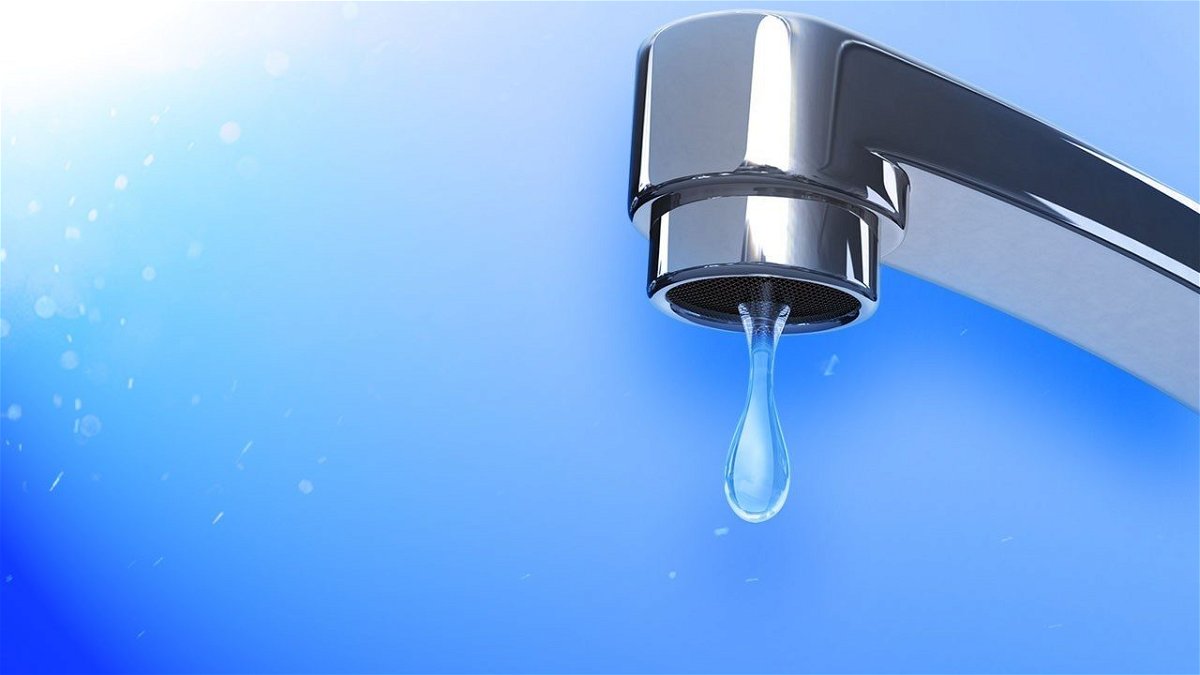EPA announces $2.2 million grant for drinking water program

SEATTLE (AP) - The U.S. Environmental Protection Agency announced a $2.2 million grant for Alaska, Idaho, Oregon and Washington to help identify sources of lead in drinking water in schools and child-care facilities.
The funds are provided through EPA's new drinking water grant program established by the Water Infrastructure Improvements for the Nation Act Voluntary Lead Testing in Schools and Child Care grant program.
"Ensuring access to clean drinking water and protecting children from exposure to lead are critically important to EPA," EPA Region 10 Administrator Chris Hladick said Wednesday in a press release. "This funding will support our states' efforts to keep children in schools and child care programs safe from the adverse health impacts of lead in drinking water."
Alaska Department of Education and Early Development will use $111,000 to initiate a testing program for lead in drinking water at schools and child care facilities, prioritizing facilities serving children under 6-years old and in under-served and low-income populations.
The Idaho Department of Environmental Quality will use $285,000 to test for lead in drinking water, focused on facilities serving young children and in facilities that are older and more likely to contain lead plumbing.
The Oregon Department of Education will get $1.1 million to provide funding, training and technical assistance to schools and child care facilities to test for lead in drinking water. Under state laws enacted in 2017, all public schools and licensed child care facilities are required to test for lead in all water used for drinking or food preparation.
The Washington State Department of Health will use $723,000 to expand their program to conduct lead testing in child care facilities in addition to public schools. The state will test water fixtures used for drinking or cooking, prioritizing facilities serving children who are most vulnerable to lead exposure.






